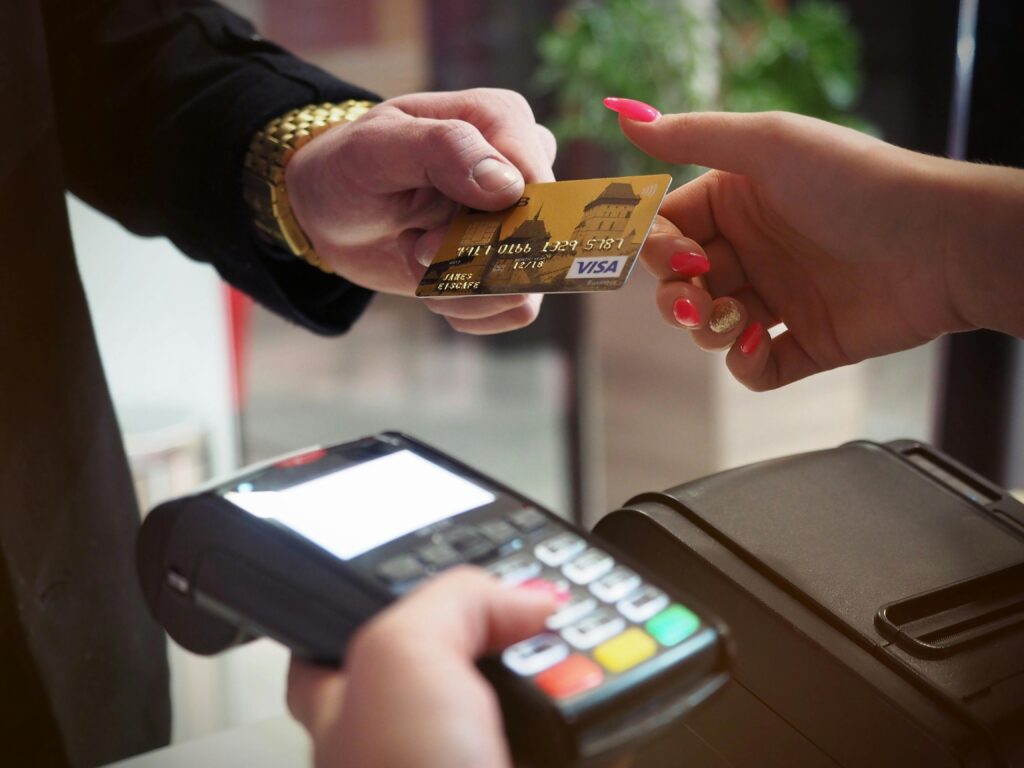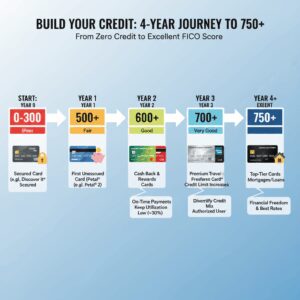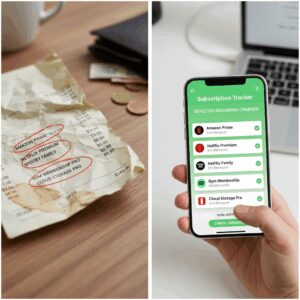Credit Card Hacks: Maximize Your Rewards Without Increasing Your Debt

Credit cards can either be powerful financial tools or sources of stress, depending on how they’re used. When managed wisely, they can help you earn cash back, travel perks, and other rewards while building a strong credit history. However, it’s easy to fall into debt traps if you’re not careful. The good news? You can take advantage of credit card rewards without sinking into debt. Here are practical credit card hacks that will help you get the most out of your cards—while staying financially responsible.
1. Pay Your Balance in Full Every Month
This is the golden rule of credit card usage. Paying your balance in full by the due date ensures you avoid interest charges. Even if you can’t maximize rewards right away, consistently avoiding interest will save you more money over time than any reward points can offer. Think of it as earning peace of mind.
2. Take Advantage of Sign-Up Bonuses
Many credit cards offer generous sign-up bonuses if you spend a certain amount within the first few months. These bonuses can be worth hundreds of dollars in cash back or travel rewards. Before applying, ensure you can meet the minimum spend without going into debt. Timing big purchases around new card sign-ups is a great way to meet these thresholds responsibly.
3. Use the Right Card for Each Purchase
Different cards offer rewards in specific categories, such as groceries, gas, dining, or travel. If you have multiple credit cards, assign each one to the category it rewards best. For example, use one card that gives 5% cash back on groceries, and another that offers 3x points on travel. This strategy maximizes your earning potential without additional effort.
4. Automate Your Payments
Set up automatic payments to avoid missed due dates and late fees, which can hurt your credit score and cost you extra. At the very least, automate the minimum payment, then manually pay off the full balance if needed. This hack keeps your credit healthy and your finances on track.
5. Redeem Rewards Strategically
Not all rewards have equal value. Cash back is straightforward, but travel rewards can often be worth more when redeemed for flights or hotel stays through the card issuer’s portal. Avoid redeeming points for merchandise or gift cards unless it’s the best value option. Always compare redemption values to get the most bang for your buck.
6. Track Spending with Budgeting Tools
Many credit cards offer built-in budgeting tools and spending summaries. Use these tools to stay aware of your habits and ensure you’re not overspending just to chase rewards. You can also link your credit cards to budgeting apps like Mint or YNAB to track everything in one place.
7. Don’t Chase Rewards at the Expense of Your Budget
One of the biggest traps is overspending just to earn points. The rewards never outweigh the debt or interest charges you’ll accumulate by going over budget. Stick to your financial plan and treat rewards as a bonus—not a reason to spend more.
8. Request Credit Limit Increases Carefully
A higher credit limit can improve your credit utilization ratio, which positively affects your credit score. However, only request a limit increase if you’re confident you won’t use it as an excuse to spend more. A better utilization rate can also help if you plan to apply for a mortgage or car loan soon.
9. Review Your Statements Regularly
Fraud and errors happen. Reviewing your statements each month ensures you catch mistakes early and helps you become more mindful of your spending habits. Plus, it’s a good opportunity to see how close you are to reaching your next reward milestone.
10. Know When to Switch Cards
If your card no longer suits your needs or stops offering competitive rewards, it might be time to shop for a new one. Many cards evolve their rewards structure, and staying informed ensures you always have the best tool for your financial goals.
With smart planning and disciplined use, credit cards can be more than just convenient payment tools. They can actively support your financial goals through strategic rewards, all without costing you a cent in interest. The key? Treat credit as a tool—not a ticket to spend beyond your means.
Unlock Full Article
Watch a quick video to get instant access.







